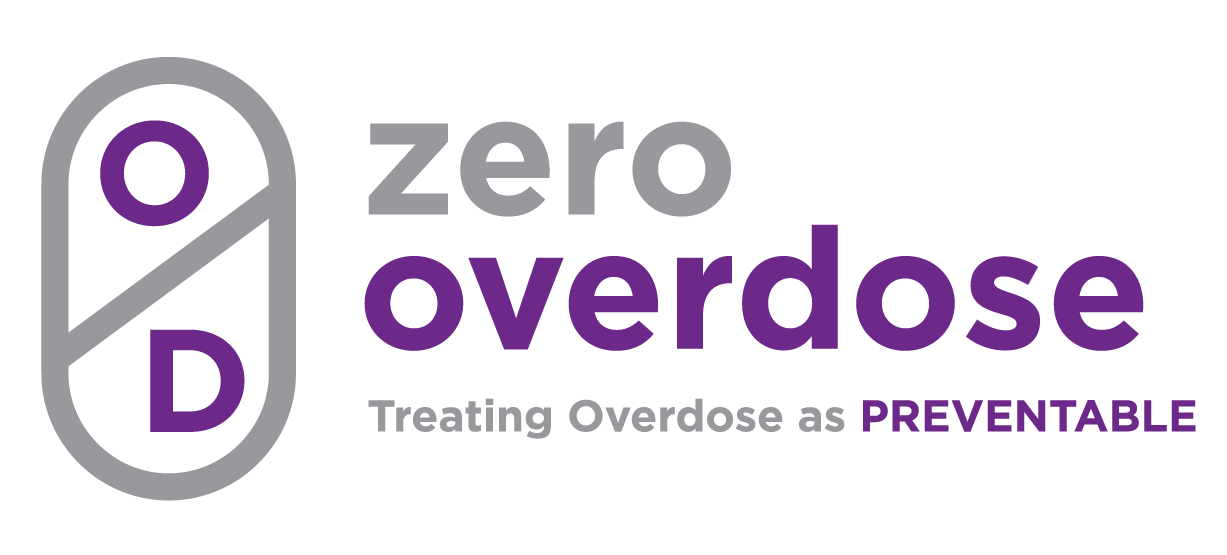More than 350 million people worldwide suffer from depression, and studies show that individuals with mental health disorders are twice as likely to develop substance use disorders.
This complex relationship between mental health and substance use is cyclical—people struggling with mental health challenges may turn to substances for relief, while substance use can exacerbate underlying mental health conditions.
Understanding the Link Between Mental Health and Substance Use
- Mental health disorders, such as depression, anxiety, and PTSD, often contribute to substance use as individuals seek ways to cope with distress.
- Substance use can worsen mental health symptoms, making conditions harder to treat and increasing the risk of overdose or self-harm.
- Barriers to treatment, including stigma, lack of access, and fragmented care systems, prevent many individuals from receiving the help they need.
How Zero Overdose is Addressing the Crisis
Zero Overdose recognizes that treating substance use in isolation is ineffective without addressing co-occurring mental health conditions. Through strategic partnerships and safety planning, Zero Overdose is working to integrate mental health and substance use treatment to improve outcomes.
Training Healthcare Providers in Trauma-Informed Care
- Many providers lack the training to recognize and treat co-occurring disorders effectively. Zero Overdose partners with organizations like Two Chairs to equip healthcare professionals with the knowledge to provide inclusive, trauma-informed care.
- Training emphasizes the importance of affirming, stigma-free environments that encourage individuals to seek help.
Strengthening Community Support Through Partnerships
- Pear Suite: Zero Overdose collaborates with Pear Suite, a digital health platform that helps organizations track and address social determinants of health. This partnership enhances outreach and engagement efforts, ensuring that vulnerable populations receive the necessary support.
- National Council for Mental Wellbeing: Zero Overdose is part of the Mental Health Wellbeing Council, which brings together behavioral health experts to develop comprehensive strategies for improving mental health and substance use treatment nationwide.
- Verity Health: Partnering with Verity Health allows Zero Overdose to expand reach in integrated care, bridging gaps between behavioral health and primary prevention.
A Holistic Approach to Care
Substance use and mental health disorders do not exist in silos; treatment shouldn’t either. By integrating primary prevention, safety planning, and trauma-informed care, Zero Overdose is working to change the way individuals receive support.
The need for comprehensive, collaborative care has never been greater. Through innovative partnerships and evidence-based strategies, Zero Overdose is leading the way in creating safer, more supportive systems for those affected by mental health and substance use disorders. If you’re looking to be part of this change, now is the time to connect with Zero Overdose.




